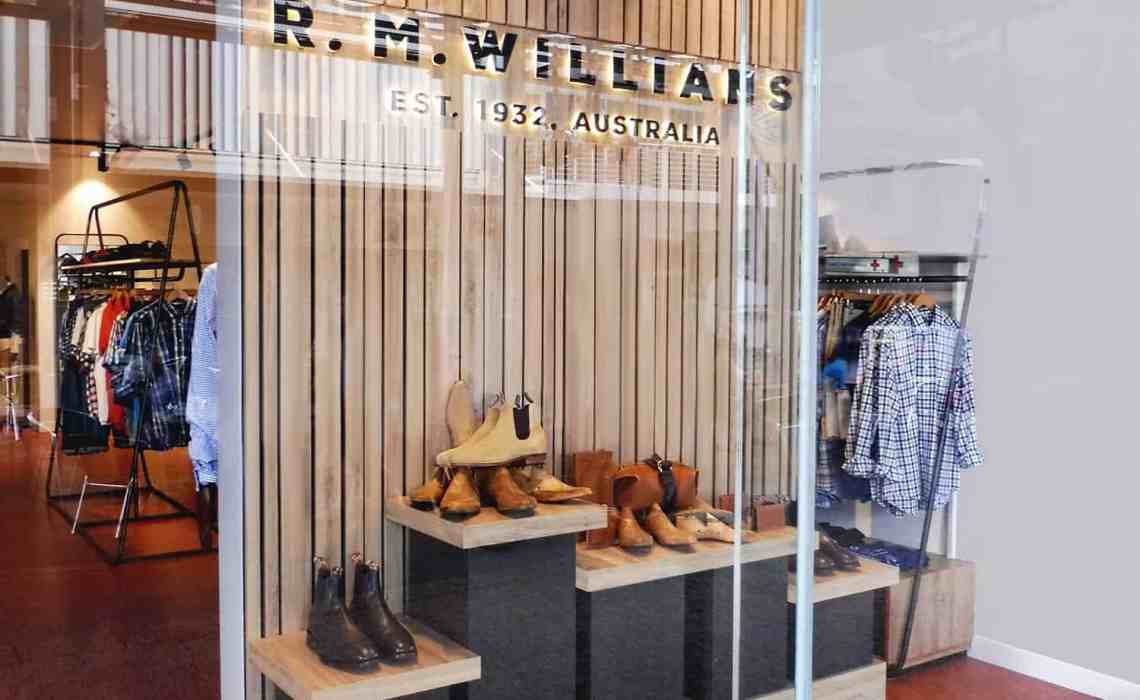
Moët Hennessy – Louis Vuitton, better known as LVMH, has now completely taken over Australian boot manufacturer RM Williams. LVMH entered the company in 2013 when it bought 49 percent of the shares, at the end of 2014 they became the majority shareholder, and has now taken over the board completely. Much now indicates RMW will shift up further in its expansion.

LVMH owns a lot of brands in the luxury segment, when it comes to classic shoes for example Berluti. Picture: Professional Jeweller
Technically, the LVMH-owned venture capital company, L Capital Asia in Singapore, is the formal owner of RM Williams today. They as mentioned invested in the company first over two years ago, and has contributed to the establishment of a number of its own stores around the world, and not least taking the brand to the Asian market properly.
RM Williams was founded by Reginald Murray Williams in the Australian Jamestown 1932 as saddlery. However, it is of course their chelsea boots as they are known today.
Reginald Murray sold the company in 1998 and the new owners then drove the brand into bankruptcy in 2003. Then Reginald Murray’s friend Ken Cowley took over the bankruptcy estate and has made the brand really successful again. He sold almost half of it to LVMH in 2013, and the end of 2014, Ken Cowley sold his remaining 51 percent stake in the company, and just before the end of the year he left the position of Chairman of the Board, thus RM Williams is a closed chapter for him. Now in the newly formed board there’s in principle people connected to LVMH on all chairs, and as previous CEO Hamish Turner submitted in connection with LVMH becoming the majority owner they also has their “own man” Raji Vuppalati as CEO. New winds are blowing, in other words.

What RM Williams is know for. Picture: Stockholm DC
With the mentioned openings of new stores and the Asia establishment we’ve already seen LVMH’s ambitions for the company. There’s also talk that there will be significantly more difficult for retailers to do their own make-ups, which have previously been relatively common in RMW, but with minimum orders of 400 pairs, or something like that which people talk about, it would decline significantly. But what you can say in general is that LVMH just like Hermés may build large, but the retain the products and continue production in line with their history, while for example Prada largely have done something else with their purchase of Church’s. So those who appreciate RM Williams shoes should not be too worried that the brand should change their products too drastically just because LVMH is at the helm.










